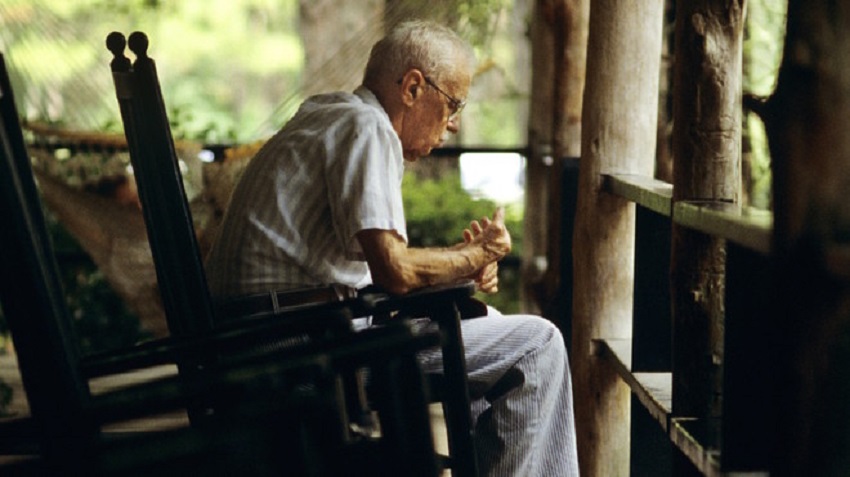
22 Dec 5 things we can do to help people aging without children
Over the next 20/30 years, there will be unprecedented numbers of people without children reaching the oldest old age. Policy and planning focused on older people being supported by their children/grandchildren in later life will not meet this need and risks leaving individuals ageing without children dangerously unsupported. Research has shown that smaller families in general means that wider family networks cannot be depended on to “step up” in the absence of children and that wider unpaid care networks made up of wider kin and friends do not substitute for children as health declines. This means that there will be a greater reliance on formal care services at a time when they have never been under such intense pressure.
The response of individuals and organizations to this is understandable, what can we do about it?
Below are 5 suggestions that people and organizations can do to help
- Individuals and organizations charged with planning and delivering services for older people must make a far greater effort to understand people aging without children and the issues that face them. It is not possible to design services that work if you do not understand the people you are designing them for. People ageing without children must be included in all coproduction and planning on ageing as a matter of course. We are always happy to talk to organizations who want to understand more about the issues facing people aging without children
- Organizations need to review their services from the perspective of older people doing everything entirely without support from family. This includes everything from how people find out about what exists to how they get their washing things in the event of unplanned hospital admission to creating a lasting power of attorney when there is no family to searching for a care home. Only then can we see how much family support is required to make services work and where we need to change things so it works for those without. Services that work properly for people without family support will work far better for people who do have a family too
- People aging without children need to be supported to come together both on and offline where they come together to form peer support networks. People aging without children want to help themselves and each other and this week’s World Childless Week is a prime example of how people without children from all over the world can support each other. However, brilliant though the internet and social media are for bringing people together, they are not the whole answer; we know people over 75 are considerably less likely to use the internet. Local organizations should consider setting up groups for people aging without children in partnership with AWOC
- The gap around advocacy must be addressed. People aging without children have been very clear on their fears of old age without a child to act as their intermediary and advocate in their dealings with care services particularly if they become incapacitated mentally or physically
- Everyone, both people aging without children and those who do have a family should be helped to plan for their later life. Planning for later life classes, workshops or help should be as easily and widely available to everyone.
We shouldn’t have services and systems that are so complex that they require “navigation” or so inflexible and unresponsive they need to be “battled” but the sad reality is that at the moment we do. People aging without children are hugely disadvantaged by such a system. Although some of these things suggested above take money, a lot do not or require only a nominal amount. What is far important is a change of mindset; a shift away from an assumption that there is family or family who is able/willing to help and towards a position that says “would this still work if this person had no one?” If it doesn’t, then the service is wrong.



Sorry, the comment form is closed at this time.